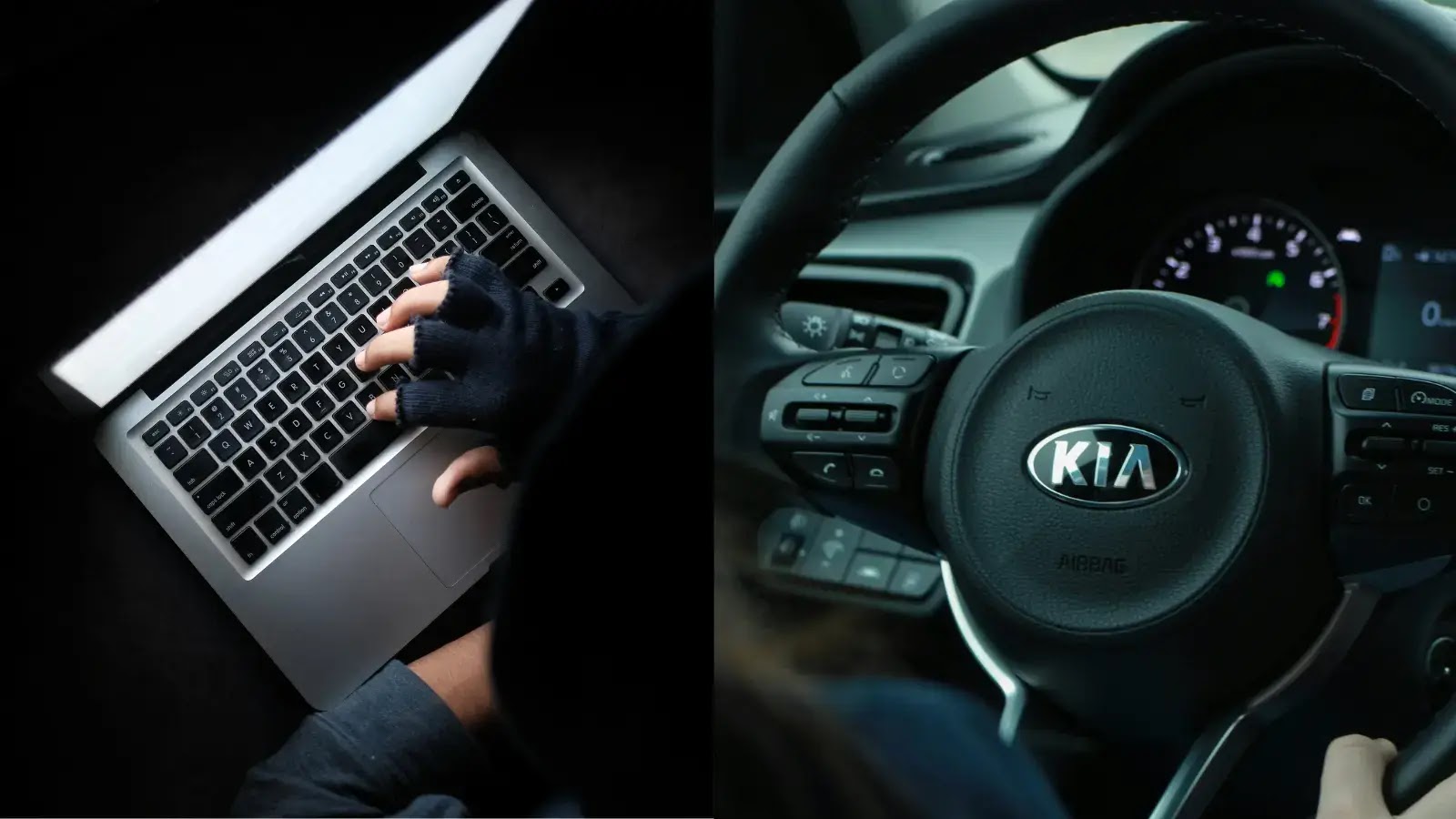In a recent revelation, cybersecurity researchers have brought to light a significant vulnerability in Kia vehicles that could potentially allow hackers to take remote control of key functions using nothing more than the car’s license plate. This discovery, made on June 11, 2024, has raised serious concerns regarding automotive cybersecurity and the implications it has for car owners.
According to reports from Samcurry, a group of ethical hackers identified this vulnerability after previously investigating security flaws in various car manufacturers. Their latest findings showed that attackers could exploit this vulnerability to execute remote commands on Kia vehicles with specific hardware in as little as 30 seconds. What made this breach even more alarming is that it did not require an active Kia Connect subscription, making it accessible to a wide range of vehicles.
The attack method involved entering a Kia vehicle’s license plate into a specially designed tool that allowed hackers to carry out commands such as locking or unlocking doors, starting or stopping the engine, and even accessing the vehicle’s camera system. Additionally, attackers could gather personal information like the owner’s name, phone number, email address, and physical address using this tool.
The breach affected several Kia models across different years, including the 2025 Carnival EX, SX, LX, and Hybrid versions, as well as the 2025 K5 and Sportage models. This vulnerability allowed for remote lock/unlock and start/stop functions across these models, giving hackers significant control over the vehicles without the owners’ knowledge or consent.
In response to this alarming revelation, Kia acted swiftly upon being notified of the vulnerability by the researchers. The company implemented fixes to address the security flaws, ensuring that there was no evidence of malicious exploitation of these vulnerabilities before they were patched. This incident emphasizes the importance of ethical hacking in identifying and mitigating potential security threats, especially in the automotive industry as vehicles become more digitally connected.
As vehicles continue to evolve with digital systems and connectivity, manufacturers must prioritize cybersecurity in their design processes and remain vigilant against emerging threats. The researchers involved in this discovery have played a crucial role in enhancing automotive cybersecurity by uncovering vulnerabilities in various car manufacturers in the past.
While Kia has taken steps to rectify the issue, ongoing vigilance and proactive security measures are essential to protect consumers from similar threats in the future. The potential risks associated with connected vehicles underscore the need for robust cybersecurity measures and continuous monitoring to ensure the safety and privacy of car owners.
The discovery of this vulnerability serves as a stark reminder of the evolving landscape of cybersecurity threats and the critical need for proactive measures to safeguard connected vehicles against potential hacks and unauthorized access. By prioritizing cybersecurity and investing in preventive measures, automotive manufacturers can enhance the safety and security of their products and protect consumers from cyber threats.


